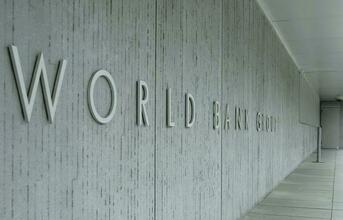
India remains the fastest growing economy in the world - economic fundamentals are strong, and reform momentum continues. GST is on track for implementation in the second quarter of the fiscal year, and is expected to yield substantial growth dividends from higher efficiencies, and raise more revenues in the long term, according to a new World Bank report released recently (May 29, 2017).
While, agriculture growth delivered in 2016-2017, the report notes that investment growth remains subdued, partly because of banking sector stress.
The report also highlights the low and falling participation of women in the labour market. For India to achieve higher growth, it needs to create safe, flexible and well-paying jobs for a large number of women who are currently not in the labour market.
The report says the fundamentals of the Indian economy remain strong, with robust economic growth, strong fiscal consolidation, low current account deficit, higher agricultural output, growing FDI, low inflation and higher wages in rural areas. Favourable monsoons boosted agriculture and rural consumption, while urban consumption remained robust and exports rebounded in the third quarter of 2016-2017.
Timely and smooth implementation of landmark reforms such as the GST and a new code to deal with bankruptcies, as well as decisive action to resolve the NPA challenge of public sector banks, is crucial to enhance the economy's potential growth, says the May 2017 edition of the Indian Development Update.
The report notes that India will achieve a major reform of indirect taxes through the GST without increasing the burden on the poor. Given the efficiency and revenue gains that the reform will eventually achieve, the overall impact of the GST on equity and poverty is likely to be positive.
"India remains the fastest growing economy in the world and it will get a big boost from its approach to GST which will - reduce the cost of doing business for firms, reduce logistics costs of moving goods across states, while ensuring no loss in equity," said Junaid Ahmad, World Bank Country Director in India. "Low female labor force participation, however, remains a serious concern. Higher level of women participation in the economy can help propel India closer to double digit growth".
(Continued on the next page)



























